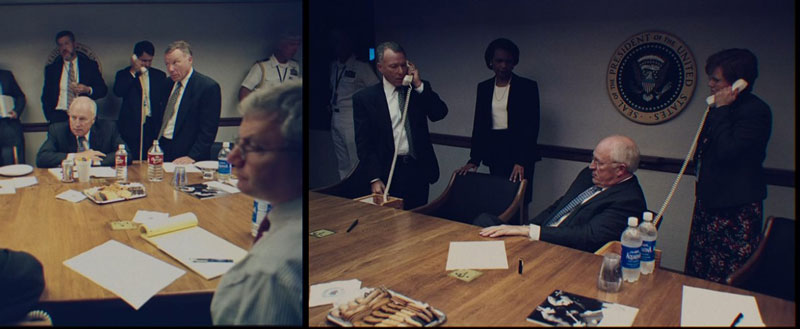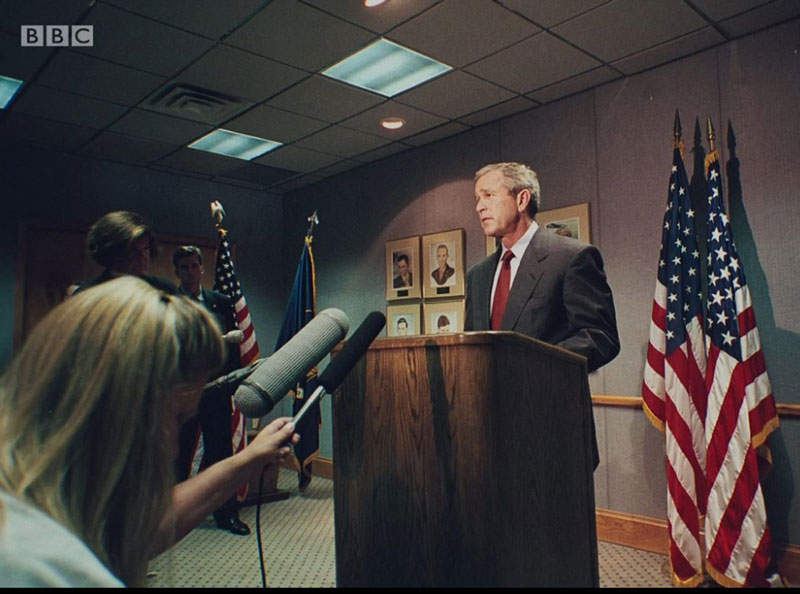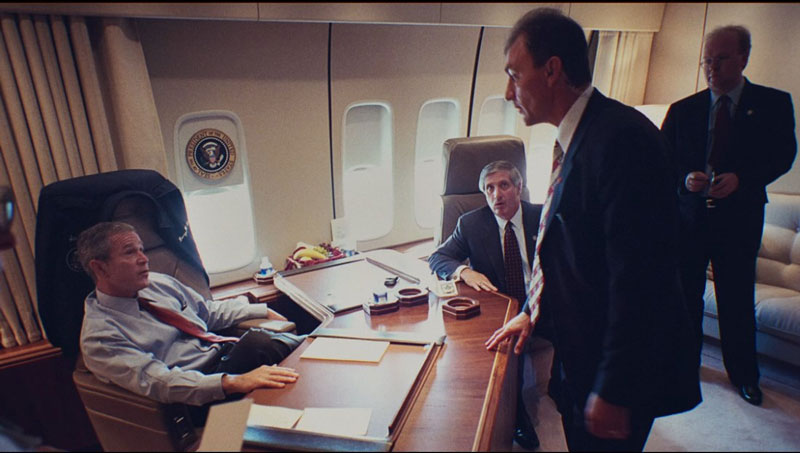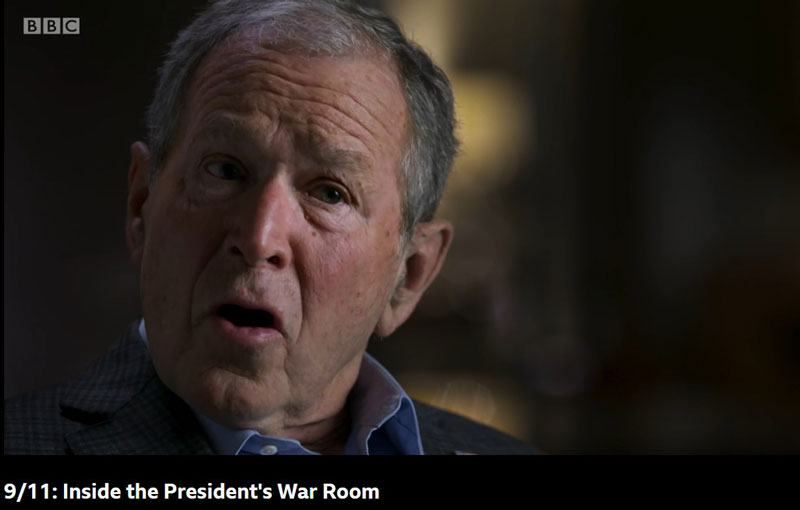“Leaders in a crisis do not have to be happy about the decisions they make but they must be comfortable to take the decision”
The Honorable George W. Bush (US President 2001 – 2009)
If you browsed the last newsletter (17 February) or the associated blog post you will have considered NASA’s management of crises and the leadership challenges.
We want to continue the theme of crisis management and the role of leaders.
In the excellent Apple TV and BBC documentary, ‘9/11 Inside the President’s War Room’, Mr Bush and his closest advisors reveal, first-hand, their thoughts and fears in the immediate hours after the attacks of 9/11. But more than that… they also reflected on leadership, communication and decision making.
Let’s analyse some of the comments made by Mr Bush…

Leaders and Teams
“I made some big decisions having taken the advice of a very smart group of people”
For those in high public office, but also for senior company staff and crisis managers, the ability to lead in a crisis is assumed but remains to be proven. The ramifications of the decisions made by Mr Bush (close US airspace, for example) may be at the extreme end of our consciousness, but such decisions are scalable to any company managing a crisis. The leadership lesson here is to listen to those in the room. There will be differing opinions, possibly arguments but that should not diminish the importance of the Team.
“Teams function best when the leader asserts themselves… I wanted them to know that everyone has a role to play”
Whenever conducting crisis management training, I make the point that members of crisis teams wear two hats into the room. The first one is their professional or functional hat, to provide guidance on their individual area of expertise. The second is their Team hat; they are a member of a crisis management team and required to be part of a problem solving process that extends way outside of any one persons expertise, requiring original thought and collaboration. Making the point above, Mr Bush is encouraging the leader to do just that, to lead the team and provide the most effective environment for problem solving.

Communication
“In a crisis it is essential that leadership continually try to reassure the people”
‘The People’ here of course is the US population and a wider audience. But the principal of communication and reassurance is equally relevant to company crises. There are far too many examples where those who are last to hear about the response to a crisis are affected employees, families, clients, even Board members. The modern appetite to be first to Twitter etc should be tempered in favour of the reassurance we are giving to those who are directly impacted by the crisis. This is the job of the leader. Even if the news is bad, the direct and visible intervention by leadership will reassure people that things are being done, that there is senior commitment to make things better.
“Speak on a regular basis as you gather facts”
Facts! What do we know for sure? In my experience of multiple real crises, the initial period of crisis management has sometimes been wasted by guesswork. Certainly, it is important to get ahead of the crisis, to be pro-active, to consider contingency arrangements but in those golden hours when quality information and resources are in short supply, concentrate of what you know for sure. That is your priority; deal first with the facts and what is directly in front of your face.

Responsibility and Accountability
We come back to my opening quote from Mr Bush, “Leaders in a crisis do not have to be happy about the decisions they make but they must be comfortable to take the decision”
To me, this defines crisis leadership. It speaks of responsibility; once all information has been analysed and all opinions considered, the leader has the ultimate responsibility to make a decision. It speaks of accountability; the leader must be prepared to defend their decisions and to be held accountable for them.
Lastly and very importantly, a leader in a crisis must accept that they are both responsible and accountable. If they cannot accept this burden how is their leadership to be ‘proven’ to others, the followers?
If you want to see the full programme, the link to the BBC version is https://www.bbc.co.uk/iplayer/episode/m000z8p5/911-inside-the-presidents-war-room
I am afraid this link is only likely to work in the UK – sorry – unless you have a clever workaround!
